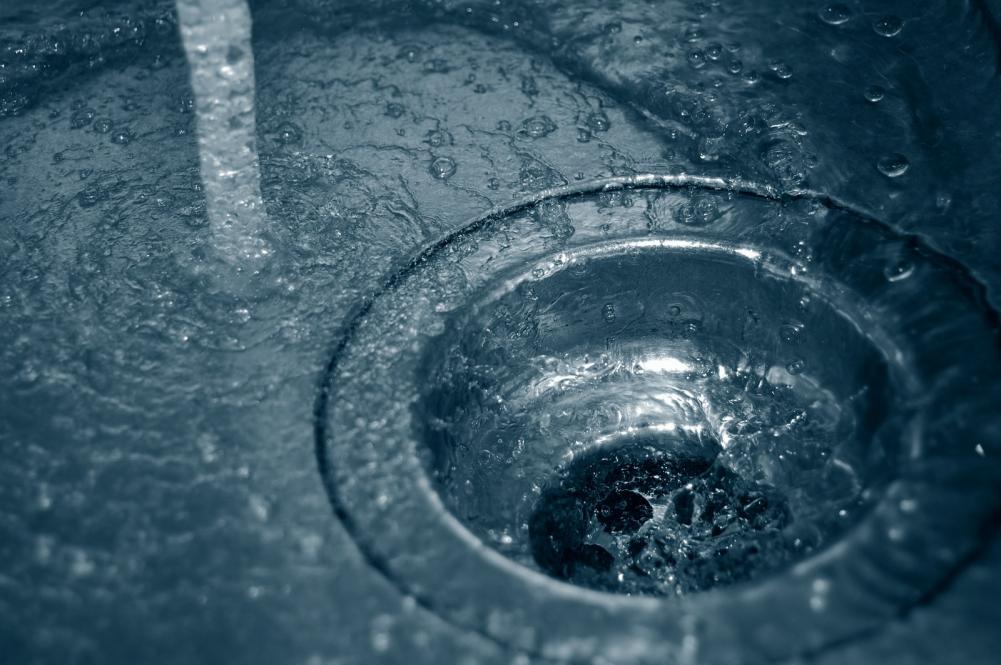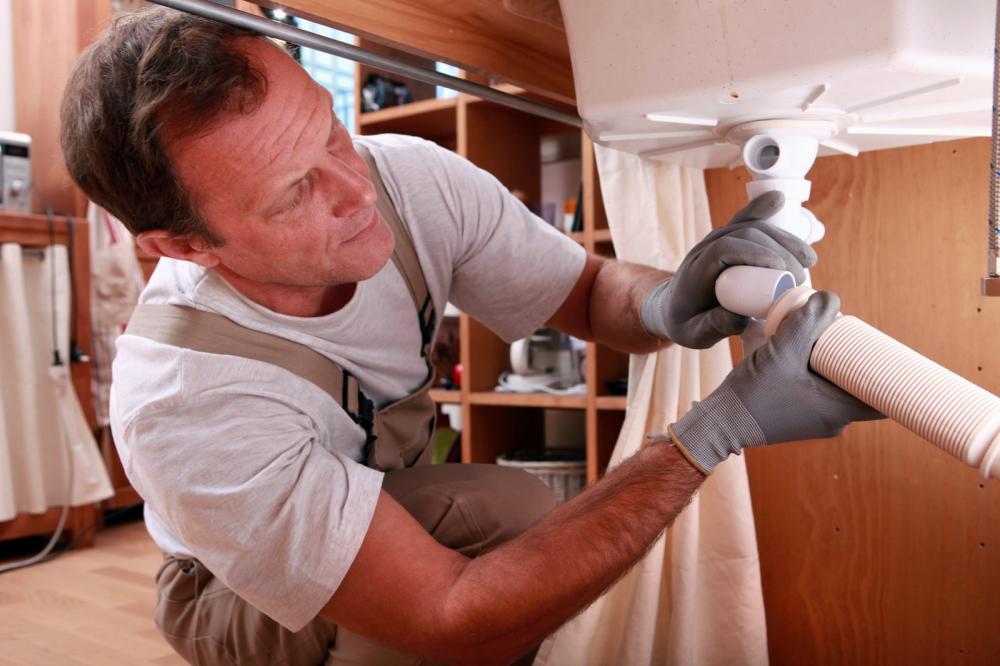Drains and pipelines present the biggest threat when it comes to potential plumbing damage to floors and walls in your home. Even a small leak can compromise the structural integrity of your home, and lead to costly repairs—or even replacements, if the issue is not identified immediately.
Here are some preventative measures you can take:
Plant trees—just be smart about it!
Trees have the potential to save the environment by producing oxygen and absorbing carbon dioxide. Moreover, they contribute to soil health, retain water, and keep your yard nice and cool.
So while planting trees is great, just make sure you don’t plant them near your house, especially close to the plumbing. Why? Many trees have aggressive roots that can penetrate the pipes in your property, resulting in serious damage. We don’t have to tell you that this is an undesirable outcome.

Dishwasher and Refrigerator—Keep ‘em well-maintained
The dishwasher and refrigerator are two of the most-used electronic appliances in any kitchen. And most people keep them nice and clean to ensure hygiene.
However, it’s easy to forget what’s going on behind the scenes. The pipes that are connected to the dishwasher and refrigerator can easily go unchecked for years.
Over time, they can deteriorate, presenting leaking problems that not only damage the walls and floor, but also damage the equipment.
Furthermore, a clogged or leaking pipe also presents the risk of an electric fire, especially if the switches of both pieces of equipment are placed on a wall that’s close to the pipes.
Washing Machine
A washing machine is another heavily used appliance at home. It consumes a lot of water and hence, is prone to corrosion, which eventually leads to leaking pipes.
It’s critical that you replace the old hose with a new one every two to three years and schedule annual repairs and maintenance.
Don’t leave any connections leaking, no matter how small. They can turn into a bigger problem and cause significant damage to your home.

Additional tips to prevent leaking pipes and clogged drains
Here are some additional prevention tips to follow:
- Don’t pour greasy or oily liquids in the sink. Pour them in a container and put the container in the trash.
- Brush your hair before taking a shower to prevent clogging the pipes. Cover your shower drains with a mesh screen shower drain and hair catcher.
- Only flush toilet paper in the toilet. They are not designed to flush bulky, dense materials.
- Clean and flush your drains at least once a week. Use biodegradable drain cleaners as they are non-corrosive. Avoid using chemical drain cleaners.
- If you plan to leave your home empty for a while, make sure you shut off the water supply to prevent any sort of water damage in your absence.
Winter is here!
As the winter season has started, you need to remain extra vigilant about your home’s plumbing to ensure your property remains safeguarded from water damage.
Disconnect your garden hoses to prevent outside spigots from bursting. Also, it’s a good idea to insulate all the pipes to keep them from freezing and sustaining damage.
This is particularly true for unheated areas of the home, including the attic, basement, bathroom and kitchen sinks, garage, and more.
Furthermore, if there’s any sign of corrosion, leak, or water damage, you should immediately call a professional plumber to avoid the issue from worsening.

Final words
Taking a proactive approach with regard to your home’s plumbing pays off big time. These preventative measures will protect your walls and floor from plumbing damage.
It’s recommended to hire professional plumbing services to make sure you’re dealing with leaking pipes and clogged drains effectively.
If you’re searching for professional and highly trained plumbers in Fort Worth, get in touch with Pro Serve Plumbing.
From sewer line repairs to plumbing leak repairs, we offer an extensive range of plumbing services to our clients. Our professional plumbers will ensure your home structure remains safe and protected from water damage.
For more information, get in touch with us today!
